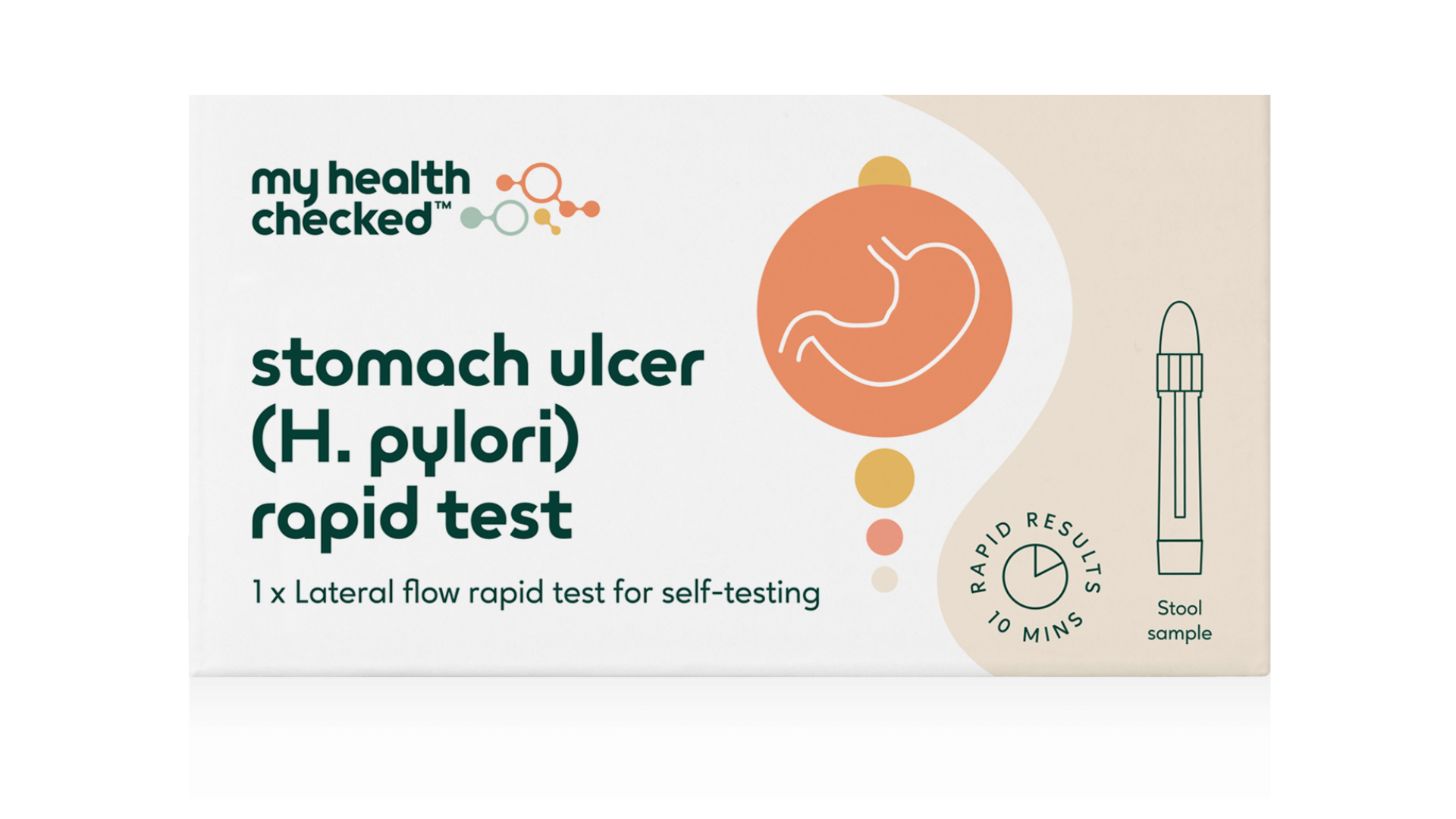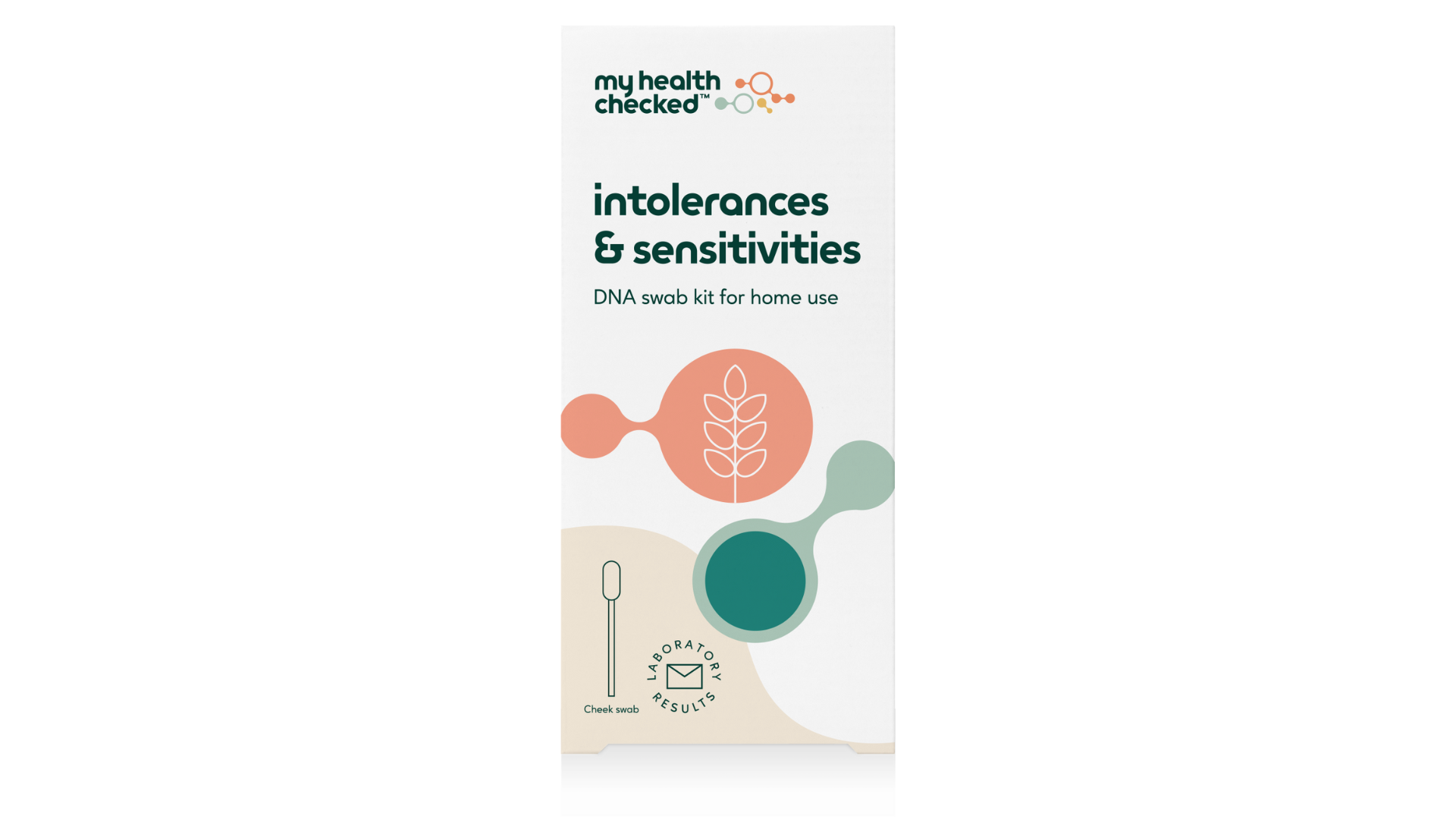Foods that can boost your mood
Our dietary choices can significantly impact our mood and mental health. Extensive research has established a clear link between the foods we consume and their effects on our mental wellbeing.
An unhealthy 'western' diet has been associated with lower levels of brain-derived neurotrophic factor (BDNF), a protein crucial for neuronal health and function. Conversely, a nutrient-dense diet rich in fruits and vegetables has been correlated with a reduced risk of depression. Consuming a variety of vegetables, in particular, has shown to decrease the likelihood of experiencing depressive symptoms, with higher vegetable diversity associated with up to a 42% risk reduction[1]. Additionally, brightly coloured, nutrient-rich foods can help reduce oxidative stress and inflammation, both linked to depression and low mood.
Isabela Ramos, MyHealthChecked’s Nutritionist and Senior Product Manager says: “the Mediterranean diet, which includes nutrient-dense options such as oily fish, leafy greens, fruits like berries and oranges, and whole grains, is associated with a reduction in mental health issues.”
Here are some other foods that may support your mental wellbeing:
Omega-3 fats
Omega-3 fatty acids, particularly DHA and EPA, play essential roles in neuronal communication and the release of mood-regulating neurotransmitters like serotonin and dopamine. Low levels of these fats have been linked to chronic inflammation, which can exacerbate depressive symptoms[2].
Tryptophan-rich foods
Tryptophan, an amino acid found in foods like eggs, turkey, and pumpkin seeds, is necessary for serotonin production. Increasing intake of tryptophan-rich foods may enhance serotonin availability in the brain, potentially improving mood[3].
Probiotic foods
Research suggests a strong connection between gut health and mental wellbeing. Probiotic foods support a healthy gut microbiome, which, in turn, may positively influence mood. The gut-brain axis, particularly via the vagus nerve, plays a crucial role in this interaction[4].
Apple cider vinegar (ACV)
Emerging studies indicate that daily consumption of ACV may improve depression scores by impacting metabolic pathways related to neurotransmitter balance. ACV's effects on glycine and threonine metabolism may contribute to enhanced serotonin production[5].
Polyphenols
Polyphenols, found abundantly in fruits, vegetables, legumes, nuts, seeds, herbs, and spices, exert antioxidant effects on brain and gut health. Gut bacteria metabolise polyphenols into compounds that can cross the blood-brain barrier, influencing cognitive function[6].
Leafy greens
Leafy greens such as watercress, spinach, and lettuce are rich in iron, folate, and vitamin C, nutrients associated with the prevention and treatment of depressive disorders[7].
Incorporating nutrient-dense foods into your diet is a crucial step in safeguarding against depression and supporting mental wellbeing.
Mental health and your gut
We know there is some evidence suggesting a potential association between Helicobacter pylori (H. pylori) infection and mood disorders. Studies have explored how chronic infections like H. pylori, which can cause persistent inflammation, might influence the brain and lead to changes in mood and behaviour. This connection may be mediated by the body's immune response or by affecting gut health, which is known to influence brain function and mental health. However, more research is needed to fully understand the strength and mechanisms of this association.

MyHealthChecked's Stomach Ulcer (H. pylori) Rapid Test is suited to any adults who would like to get a quick indication of whether they have H. pylori bacteria in their stools, which may indicate an infection in their digestive tract.

Nutrition significantly influences anxiety and other mood disorders, primarily through its effect on gut health. People with the ADORA2A, rs5751876 genetic variants may experience heightened levels of anxiety when they consume caffeine. This genetic marker can affect how an individual metabolises caffeine, leading to increased sensitivity and potentially more pronounced anxiety symptoms in response to caffeine intake. This highlights the importance of considering genetic factors when evaluating the effects of dietary substances like caffeine on mental health. MyHealthChecked's Intolerances & Sensitivities DNA Test can help to pinpoint foods that your body may struggle to digest or react negatively to.
References
- Jacka, F. N., Pasco, J. A., Williams, L. J., Mann, N., Hodge, A., Brazionis, L., ... & Berk, M. (2012). Lower levels of brain-derived neurotrophic factor (BDNF) have been observed in depression. Nutritional Neuroscience, 15(1), 1-12.
- Grosso, G., Pajak, A., Marventano, S., Castellano, S., Galvano, F., Bucolo, C., ... & Caraci, F. (2014). Role of omega-3 fatty acids in the treatment of depressive disorders: a comprehensive meta-analysis of randomized clinical trials. PloS one, 9(5), e96905.
- Turner, E. H., Loftis, J. M., Blackwell, A. D., (2006). Serotonin a la carte: Supplementation with the serotonin precursor 5-hydroxytryptophan. Pharmacology & Therapeutics, 109(3), 325–338.
- Foster, J. A., & McVey Neufeld, K. A. (2013). Gut–brain axis: how the microbiome influences anxiety and depression. Trends in neurosciences, 36(5), 305-312.
- Kondo, T., Kishi, M., Fushimi, T., Ugajin, S., & Kaga, T. (2009). Vinegar intake reduces body weight, body fat mass, and serum triglyceride levels in obese Japanese subjects. Bioscience, biotechnology, and biochemistry, 73(8), 1837-1843.
- Williamson, G., & Manach, C. (2005). Bioavailability and bioefficacy of polyphenols in humans. II. Review of 93 intervention studies. The American journal of clinical nutrition, 81(1), 243S-255S.
- Khalid, S., & Williams, C. M. (2016). Polyphenols as potential dietary prophylactics against inflammatory bowel diseases. Polyphenols in Human Health and Disease, 2, 1207-1215.
